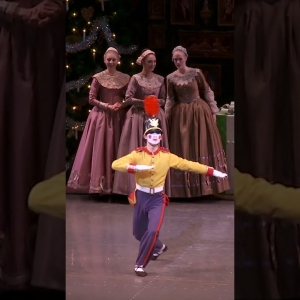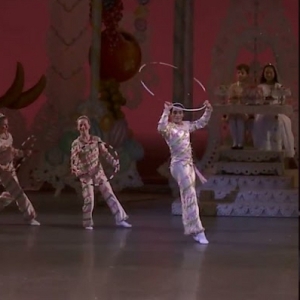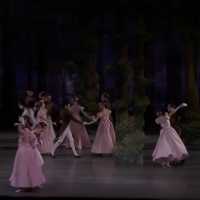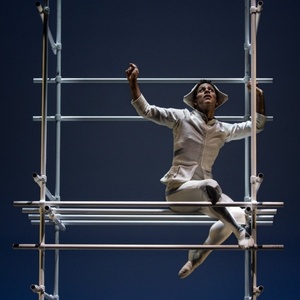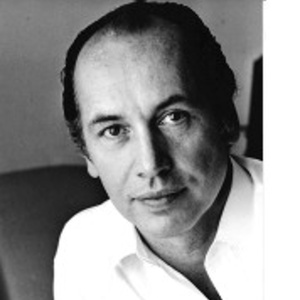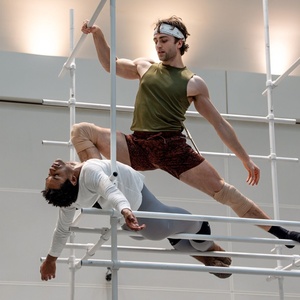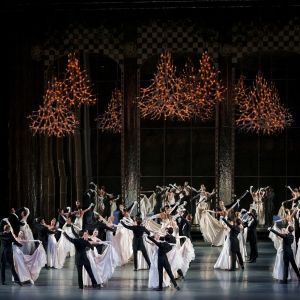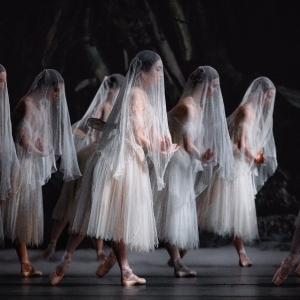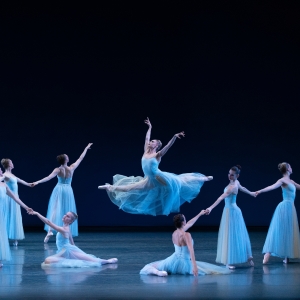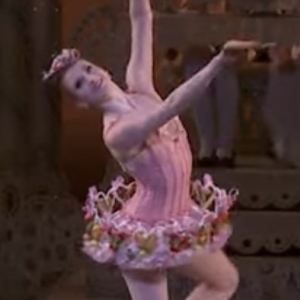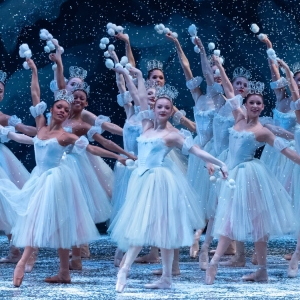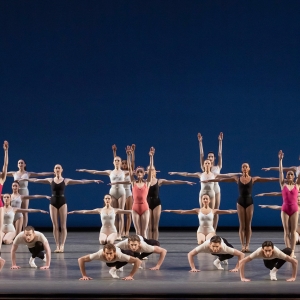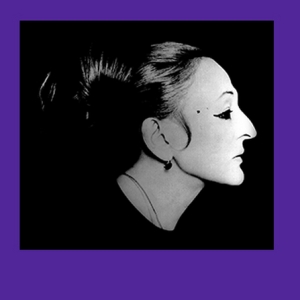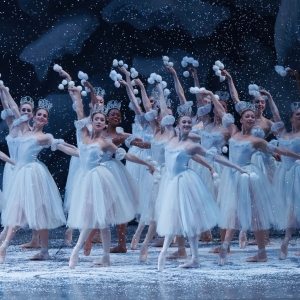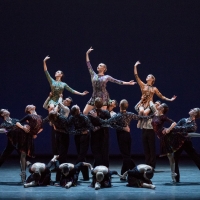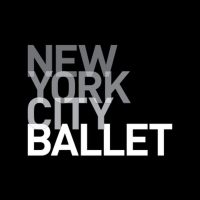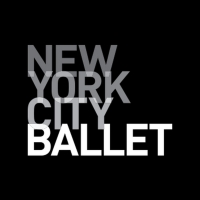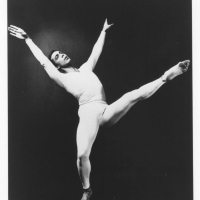
Rouben Ter-Arutunian
Birth Place: Tiflis, RUSSIA
Review: PIERROT LUNAIRE, Royal Ballet And Opera - Linbury Theatre (Feb 11, 2026)
Glen Tetley Legacy Unveils 2026 Centenary Celebration (Feb 4, 2026)
The Royal Ballet Celebrates Glen Tetley’s Centenary With Return of PIERROT LUNAIRE (Jan 26, 2026)
Productions
Awards and Nominations
Rouben Ter-Arutunian, Goodtime Charley
Rouben Ter-Arutunian, Arturo Ui
Rouben Ter-Arutunian , A Passage to India
Rouben Ter-Arutunian, Advise and Consent
winner
Rouben Ter-Arutunian, Redhead
winner
Rouben Ter-Arutunian, Who Was That Lady I Saw You With?
FREQUENTLY ASKED QUESTIONS
Best Scenic Design (Tony Awards) for Goodtime Charley, Best Costume Design (Tony Awards) for Arturo Ui, Best Scenic Design (Tony Awards) for A Passage to India, Best Scenic Design of a Play (Tony Awards) for Advise and Consent, Best Costume Design (Tony Awards) for Redhead and Outstanding Set Design (Outer Critics Circle Awards) for Who Was That Lady I Saw You With?.
Rouben Ter-Arutunian won the Tony Award for Best Costume Design for Redhead and received the Outer Critics Circle Award for Outstanding Set Design for Who Was That Lady I Saw You With?.
Videos


